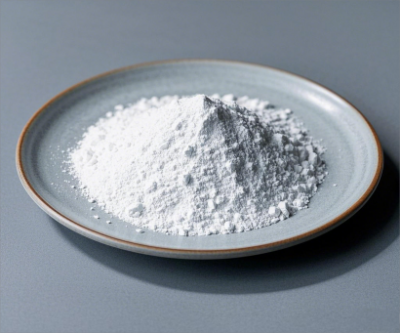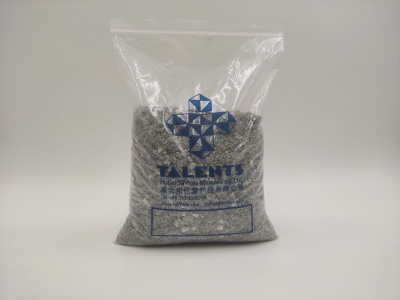barite
Product Features:
Drilling grade barite are produced from natural barium sulfate ores.Commonly used as a weighting agent for all types of drilling fluids in oiland gas exploitation.
Our drilling barite manufactured to meet or exceed all APl 13 Arequirements.
This grade also can be used in the applications which high purity but lowwhiteness requirements.
Barite: Properties, Applications, and Industrial Significance
Introduction
Barite, chemically known as barium sulfate (BaSO₄), is a naturally occurring mineral renowned for its high density and chemical inertness. Its unique physical and chemical properties have established it as a critical component in various industrial applications, particularly in the oil and gas sector, where it is used as a weighting agent in drilling fluids.
Physical and Chemical Properties
High Specific Gravity: With a specific gravity typically ranging from 4.2 to 4.5, barite is exceptionally dense, which is essential for its role in controlling the hydrostatic pressure in drilling operations.
Chemical Stability: Barite is chemically inert and highly resistant to acids and other corrosive substances, making it suitable for harsh industrial environments.
Low Solubility: Its insolubility in water ensures that barite maintains its structural integrity even under high-pressure conditions.
Purity and Color Variations: While pure barite is usually white or colorless, impurities such as iron, manganese, or carbon can impart gray, yellow, or even black hues. These variations do not significantly affect its industrial performance.
Major Applications
1. Drilling Fluids in Oil and Gas Exploration
Barite is a key ingredient in drilling mud formulations. It increases the density of the drilling fluid, thereby:
Controlling Formation Pressures: Preventing blowouts by balancing the pressure of the geological formation.
Stabilizing the Borehole: Enhancing the overall stability of the wellbore during drilling operations.
2. Paints and Coatings
Barite is used as a filler and extender in paints and coatings:
Enhancing Durability: Improves the mechanical strength and weather resistance of coatings.
Improving Appearance: Contributes to a smoother finish and consistent texture.
3. Radiation Shielding
Due to its high density, barite is incorporated into materials for radiation protection:
Medical and Nuclear Applications: Integrated into concrete and other composites to shield against X-rays and gamma rays in hospitals and nuclear facilities.
4. Rubber, Plastics, and Friction Materials
Barite acts as a reinforcing filler in various composite materials:
Improved Mechanical Properties: Enhances strength, durability, and wear resistance in rubber and plastic products.
Friction Enhancement: Used in brake pads and clutch materials to improve frictional properties and thermal stability.
Extraction and Processing
Barite is primarily extracted from sedimentary and hydrothermal deposits. The processing typically involves:
Crushing and Grinding: Reducing the ore to a fine powder to facilitate further processing.
Washing and Beneficiation: Removing impurities to obtain a product that meets specific industrial standards.
Grading and Sorting: Achieving the desired particle size distribution for various applications, from fine powders for coatings to larger granules for drilling fluids.
Industrial and Economic Impact
Barite’s extensive use in critical industries such as oil and gas exploration, construction, and manufacturing underscores its economic importance. The global demand for barite is driven by:
Energy Sector Growth: Increasing exploration and extraction activities in oil and gas.
Infrastructure Development: Rising demand for advanced construction materials that incorporate barite for improved durability and radiation shielding.
Technological Advancements: Innovations in composite material manufacturing that leverage the reinforcing properties of barite.
Conclusion
Barite is a vital mineral with diverse applications across multiple industries. Its high density, chemical inertness, and durability make it indispensable in drilling fluids, paints, coatings, radiation shielding, and composite materials. As global industries continue to evolve, the significance of barite is expected to grow, further cementing its role as a cornerstone in industrial processes and applications.





